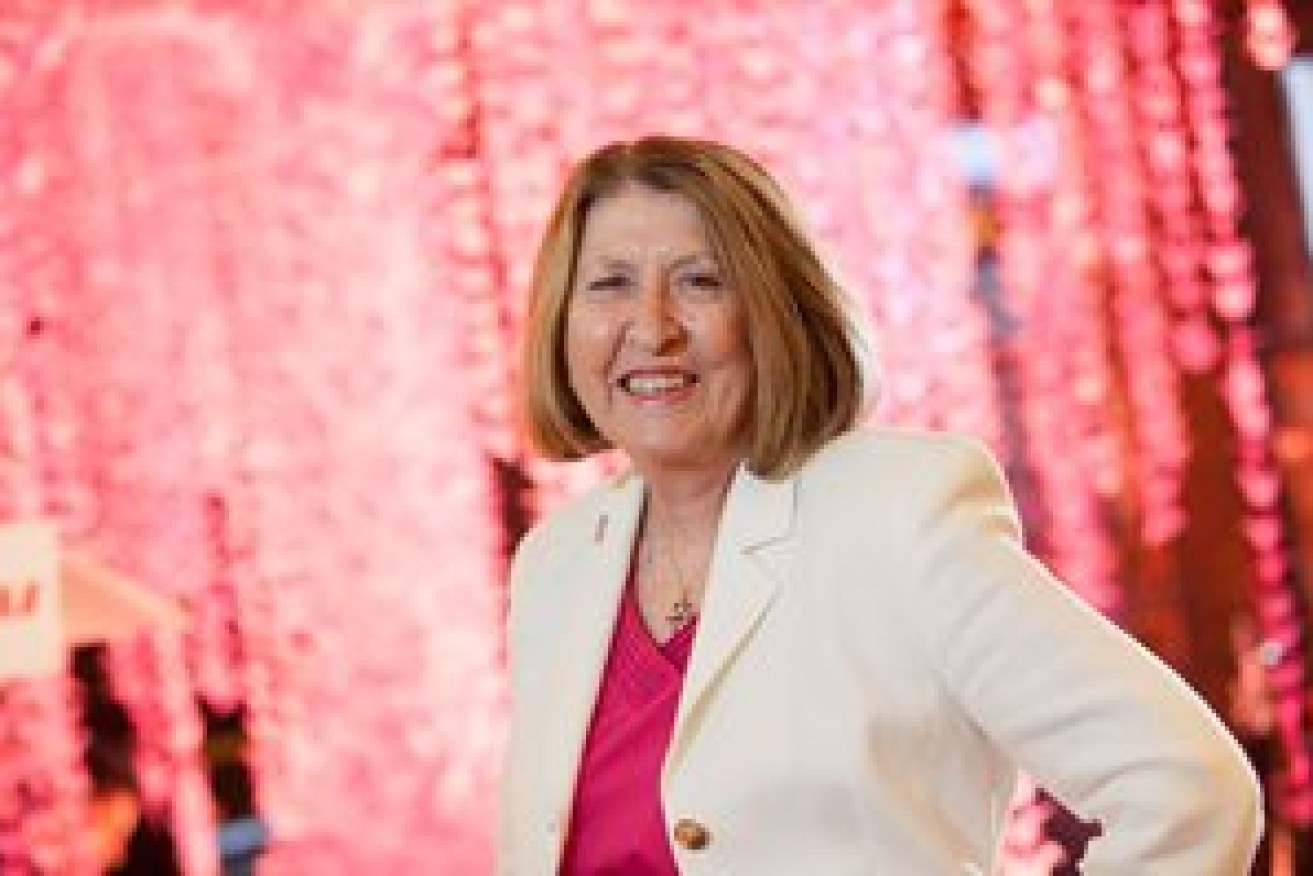Breast cancer at different ages: 60s and over


Far from the old stereotype of the nanna knitting in a rocking chair, today’s women in their 60s and beyond are busier than ever, says Richard Kefford, Professor of Cancer Medicine at Macquarie University, and NBCF director.
“Many still work. They’re keen to help their children survive in the mad mortgage market, so they’ll often help financially with things like school fees, and might do part of the childcare for their grand children.”
He continues: “This is maximum incidence territory, so it’s a very common condition.
“This particular group will be bombarded with other people who have had breast cancer – which can be helpful, or it can be irrelevant and negative. I prepare patients for that aspect of the social side, and explain that everyone’s disease is unique and their treatment is individualised. The fact your neighbour didn’t get out of bed for three months doesn’t mean the same will happen to you.”
• Sitting down may increase risk of breast cancer
• Breast cancer at different ages: 40s and 50s
• Breast cancer at different ages: 20s and 30s
In fact, there’s good news, as breast cancers appearing later in life are often less aggressive than the types seen more commonly in younger women, and are more likely to be regulated by the female hormone oestrogen.
“This means a lot of cancers in older women are easier to control,” says Prof Kefford. “There’s a larger group who don’t need chemotherapy, who can be managed just with anti-oestrogen tablets.”
Menopause, however, can play a role.
“The hormonal drugs we use for breast cancer – which many women take for 10 years – exacerbate some menopausal symptoms, particularly hot flushes and joint stiffness. Exercise and weight management are critical for countering the menopausal side effects, and have been shown independently to contribute significantly to a reduction in breast cancer recurrence and increased survival.”
Gay Black, from Sydney, was diagnosed at 66. Now 72, she describes her journey with cancer
I knew a lot of people who’d been through breast cancer, but you never think it will happen to you. When my older sister was diagnosed, I realised it doesn’t discriminate. A year later, I noticed a brown mark on the chest of my nightgown. My husband had brought me coffee and the newspaper in bed, just as he always does – he’s absolutely gorgeous – and I assumed my mug must have been wet. Then that night, I found the same stains inside my bra. I knew this shouldn’t be happening.

Making a difference: Gay Black; breast cancer survivor and award-winning NBCF ambassador
I went to the GP as soon as I could. My last mammogram had shown a shadow, but they’d investigated and felt it wasn’t cancerous. So, I had three more sets of mammograms, ultrasounds and then two needle biopsies. It seemed hard to get a result, but the doctor refused to let it go. Eventually they confirmed cancer in the milk ducts.
When they operate, they want to achieve a 2mm margin that’s clear of cancer cells all the way around the surgery, but they didn’t quite get all of it the first time, nor the second time. My husband came home one day and I was curled up in the corner of the lounge saying: “I can’t do this anymore. I can’t do it.”
He said: “We’ll do whatever has to be done – but you’re a soldier. Straighten up and get on with it.” He was a great strength – and with the third operation, they got it all.
I didn’t need chemotherapy – which was a relief – but I had radiotherapy, every day for six weeks.
All the people who looked after me were wonderful. At one point, my skin got quite burned during the radiotherapy, so they gave me a special treatment where they bathed it in paraffin, and played soft music. They made you feel like you were special – more than just a number, with the next patient coming through right after you.
Two weeks ago, I was given my five-year all clear. You never really feel that you’re out of the woods, but so long as you keep an eye on things, hopefully all will be ok.
I’ve met a lot of other survivors, and I know I was lucky. My treatment was straightforward, and I only had my husband to look after. Our children had grown up and married. My heart goes out to young women going through their ordeal while trying to raise a family and work and cook and take the children to sport. And a lot of them have chemo, which really knocks you around.
I was retired when this happened, aside from helping my husband with his work, but when I finished treatment I thought: “They’ve got to find a cure for this somehow. Maybe I could help.”
I got involved with the National Breast Cancer Foundation several years ago, and now I work two days a week. It’s a wonderful, committed bunch of people. I get to talk to researchers and oncologists and all kinds of experts about their latest work, so I can communicate that to the people who are fundraising for us.
We’re particularly excited about the Mother’s Day Classic, which raises so much money for us. It means we can give more research grants, and hopefully reach our goal of zero deaths by 2030.
 The New Daily is a proud partner of the Mother’s Day Classic, a fun run and walk, which raises funds for breast cancer research. To donate, click here.
The New Daily is a proud partner of the Mother’s Day Classic, a fun run and walk, which raises funds for breast cancer research. To donate, click here.








